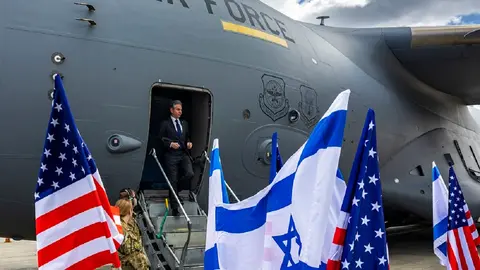Hopes grow in Gaza for notional ceasefire
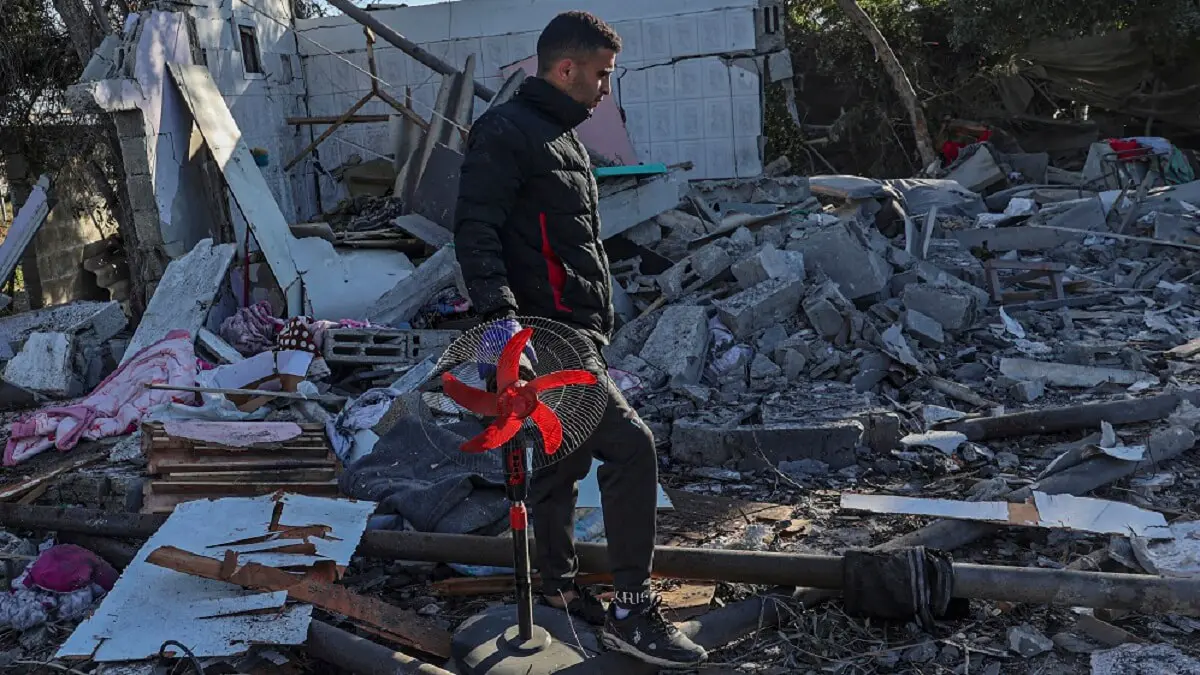
The Gaza war began on 7 October with an unprecedented attack by Hamas commandos in southern Israel, killing some 1,170 people, mostly civilians, according to official figures. The terrorists kidnapped some 250 people and detained 129 in the Gaza Strip, and Israeli officials say at least 34 of them have been killed.
In response, Israel vowed to "destroy" Hamas, which has ruled the Gaza Strip since 2007, and launched a military campaign against the region that has so far killed 34,488 people, mostly civilians, according to the Hamas Health Ministry.
After almost 7 months of conflict between the Hamas terrorist group and its allies, and Israel, indicators from the meetings have been positive in terms of a possible truce and hostage exchange in Gaza.
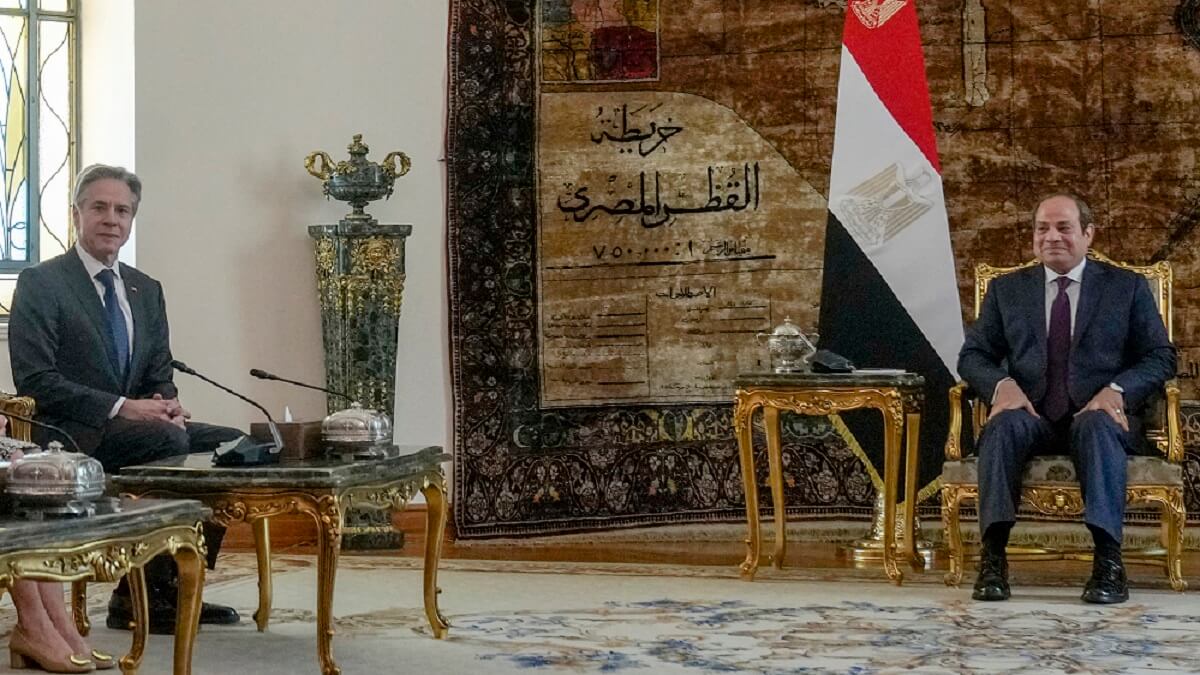
Antony Blinken, who is due to visit Israel and Jordan in the coming days, has already sought to join forces for a ceasefire at the World Economic Forum in Riyadh, Saudi Arabia, with Foreign Ministers from Western and Arab nations.
Blinken said he was optimistic that the Hamas terrorist group would "possibly accept" the Israeli proposal, and that Israel's offer this weekend was "very generous". Egypt's intelligence service said the Hamas delegation would leave Cairo and "return with a written response to the ceasefire proposal", according to Egyptian sources quoted by Al-Qahera News.

A permanent ceasefire
On the sidelines of the World Economic Forum, UK Foreign Secretary David Cameron claimed that Hamas's proposed ceasefire plan includes a 40-day truce and "the possibility of the release of thousands of Palestinian prisoners in return for the release of hostages".
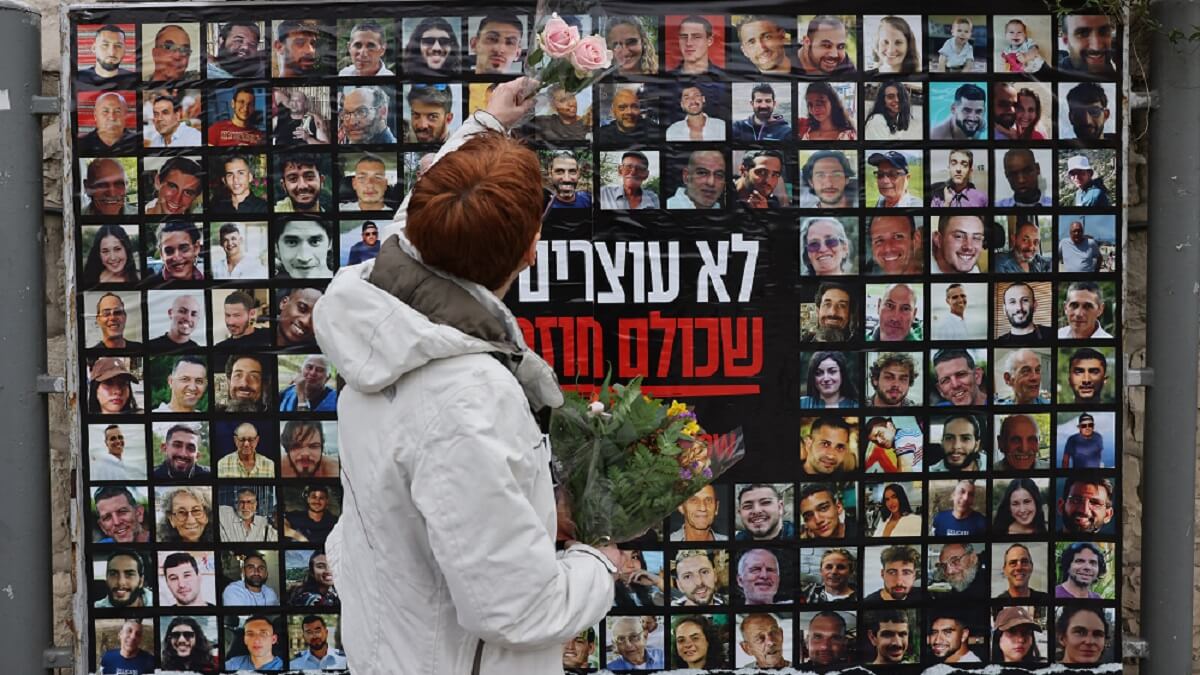
Other ministers, such as Saudi Arabia's Faisal bin Farhan, advocated going further, saying "it is very important that the ceasefire is permanent and not temporary". Egypt's Foreign Minister, who said he hoped "everyone will rise to the occasion", was in the same vein.
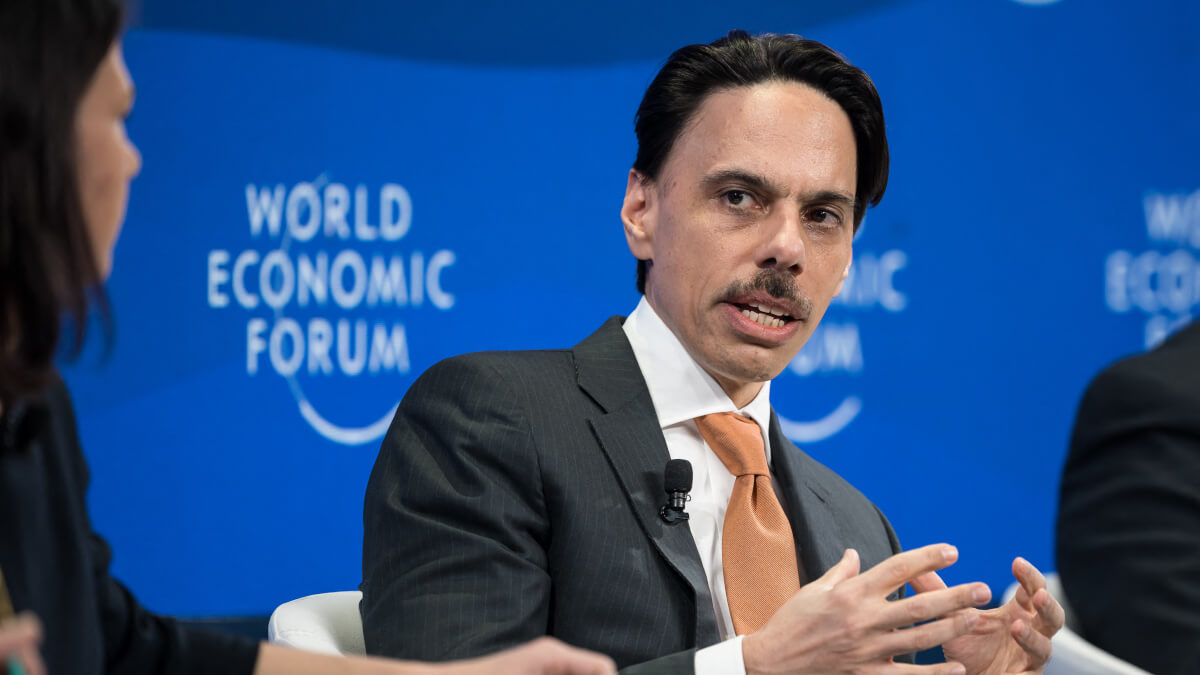
So far, all the talks have failed to reach an agreement that includes a ceasefire, the release of Israeli hostages or an increase in humanitarian aid to Gaza. Palestinian Authority President Mahmoud Abbas, who attended the meeting, on Sunday called on the US to prevent Israel's attack on Rafah.
Pressure on the parties
The UN Office for the Coordination of Humanitarian Affairs (OCHA) has repeatedly warned that Israel's planned military attack on Gaza's densely populated Rafah province could constitute a "war crime".
Meanwhile, Israeli officials have told Hamas that this is its last chance to secure a ceasefire before the army invades the southern city of Rafah, home to mostly 1.4 million displaced Palestinians.
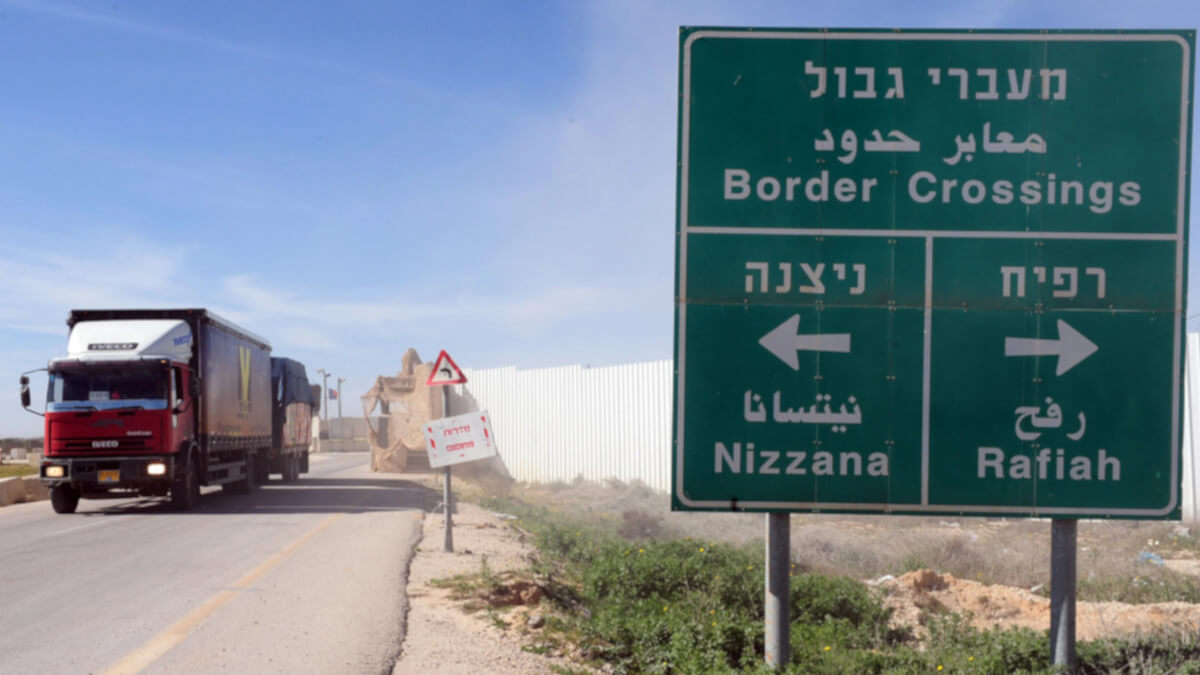
International organisations and most of the international media have warned that the attack on Rafah represents an even greater humanitarian catastrophe than the one already facing Palestine.
In response, Zaher Jabarin, Hamas's "economic CEO" and a member of the negotiating team, said it was too early to speak of a positive situation in the negotiations. He added that they had received a response from Israel and were consulting on a response. He reiterated Hamas' terms, including "a permanent ceasefire, the withdrawal of Israeli troops from Gaza, the return of refugees and the establishment of a clear timetab

